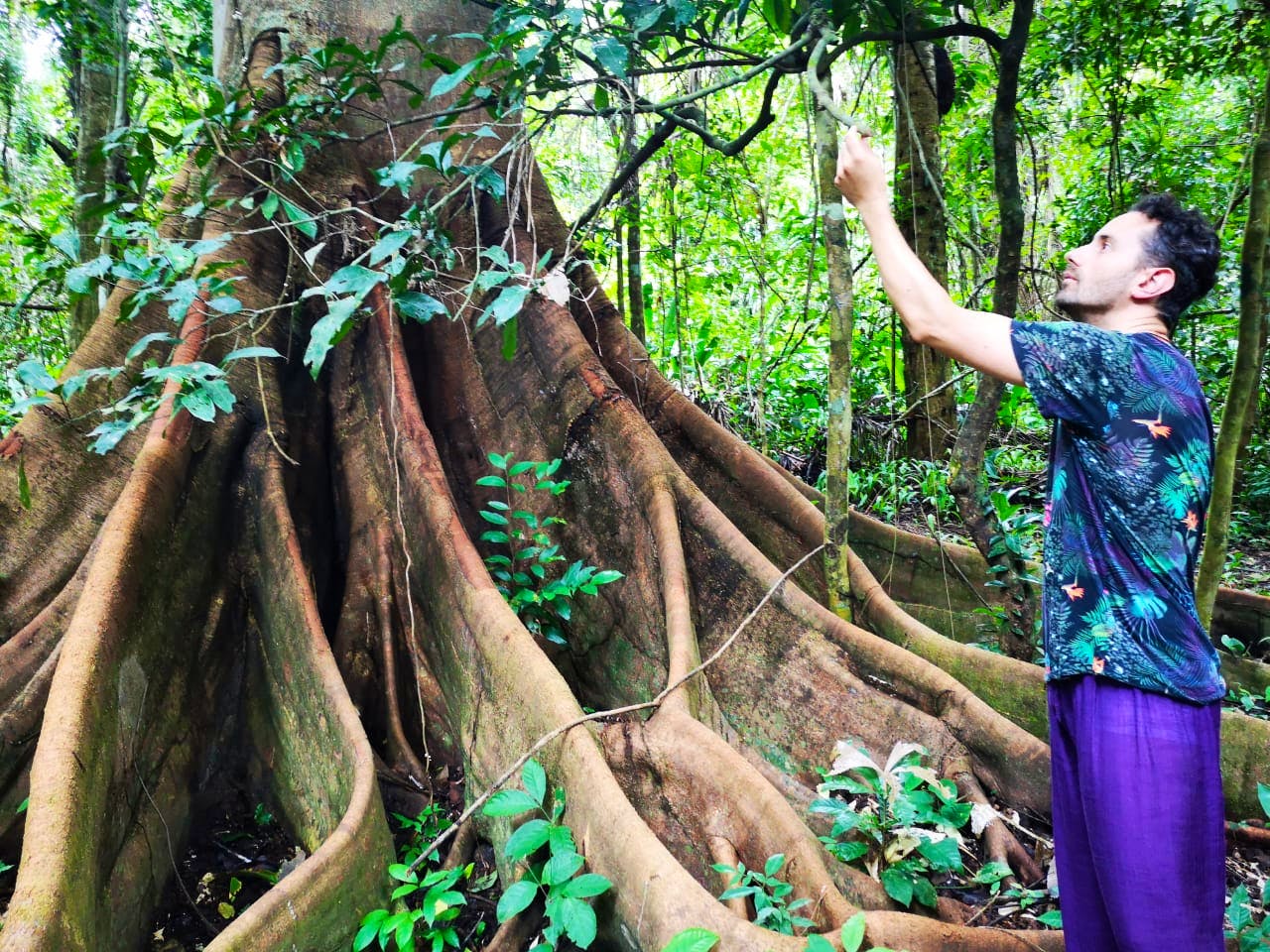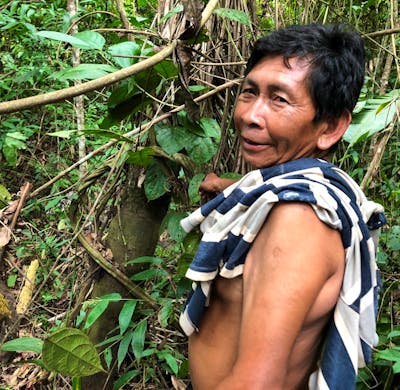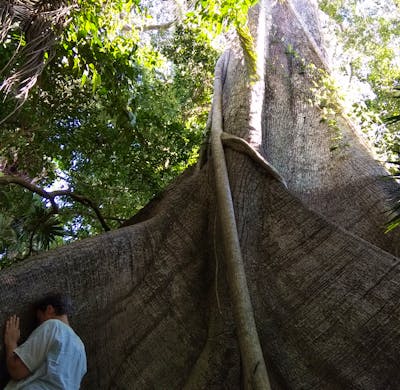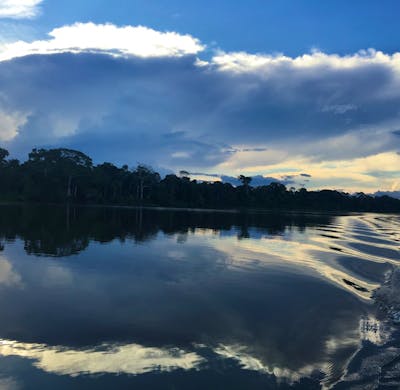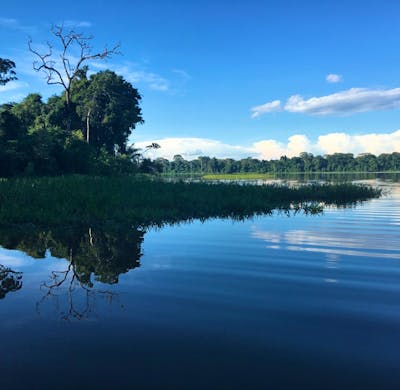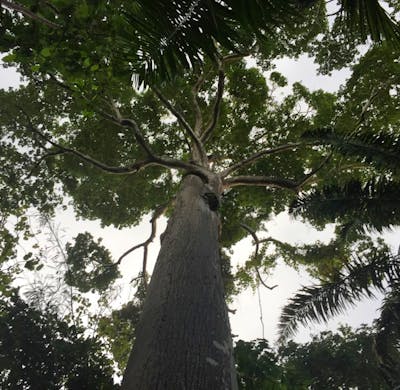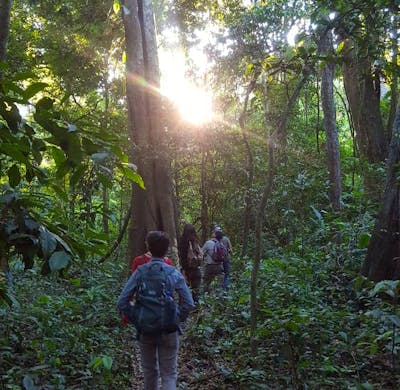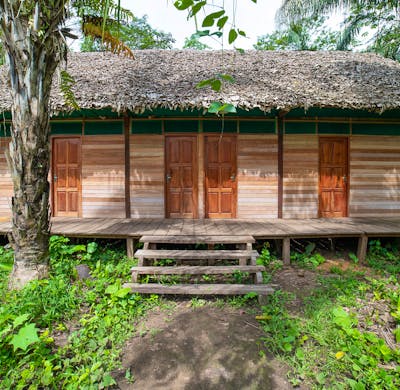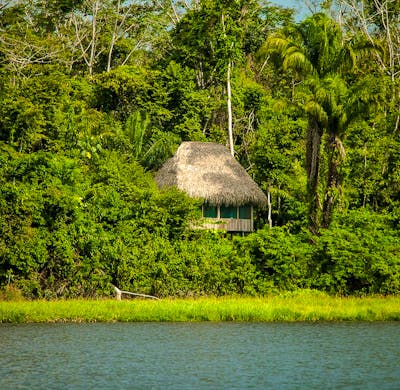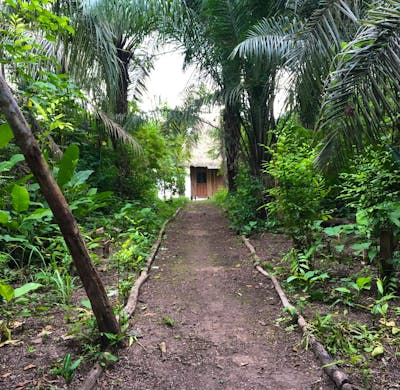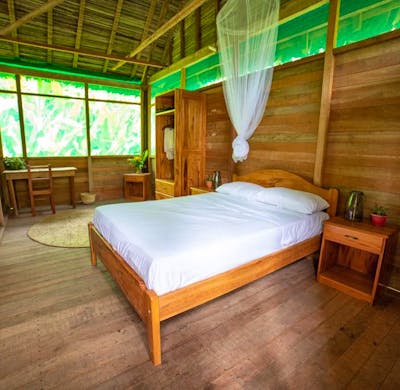from 686€
Plant Identification & Mapping in Bolivian Amazon
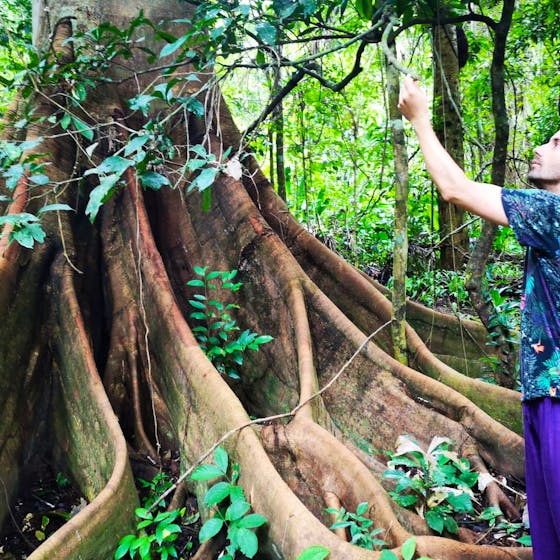
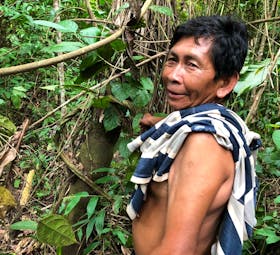
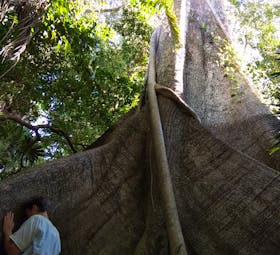
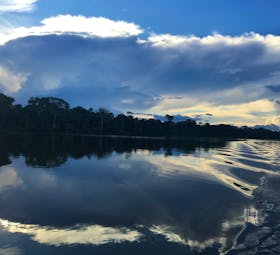
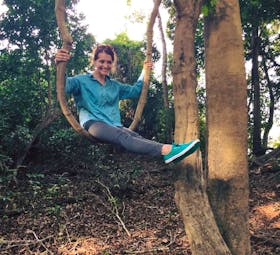
Highlights
- Gain experience doing active research to help conservation
- Become more passionate about nature
- Get to know the Bolivian culture
- Make meaningful support to the research done at the Aquicuana Reserve
- Experience living at the Aquicuana Reserve
Especially suitable
About the program
We are looking for a Plant Medicine Inventory Project. Working with a local informant, we will identify, photograph, and help write a guide to Aquicuana Reserve’s plants
Sustainable Bolivia is a NGO based in Riberalta, the heart of the Bolivian Amazon. We focus our work on sustainable community development and conservation actions.
Our volunteers have the opportunity to live and support our work at the Aquicuana Reserve and it's surroundings. This area of ...
Typical day
Volunteers can support our plant identification program by conducting field collections of leaves/flowers and fruits/seeds on our trails. In addition, literature research is conducted to gather information on morphological characteristics, occurrence, wood, utility, ecological information, ...
Free-time activities
In their free time, volunteers can enjoy a lot of activities around Riberalta such as enjoying the nature of the Amazon (tours, trekking) and the animals, enjoying the rivers (boat tours) or the swimming pools in the city. It is also very easy to go to Brazil where you there is a lot of amenities ...
Requirements
What's Included
What's NOT included?
Details on arrival
Program fees
Meet your organization

Sustainable Bolivia
Non-profit - founded in 2006
Verified by Volunteer World
Coordinated by
Erik
About the project
17 reviews ·  4.8
4.8
Location

You might also be interested in
-
Amazon Rainforest
Adults
Nature Volunteering
Volunteer Trips for College Students
Global Volunteer Opportunities
Voluntouring
Couples
Best Volunteer Programs
Mission Trips
Group Volunteering
Projects Abroad
Family Volunteering
Latin America
50 Plus Volunteering
